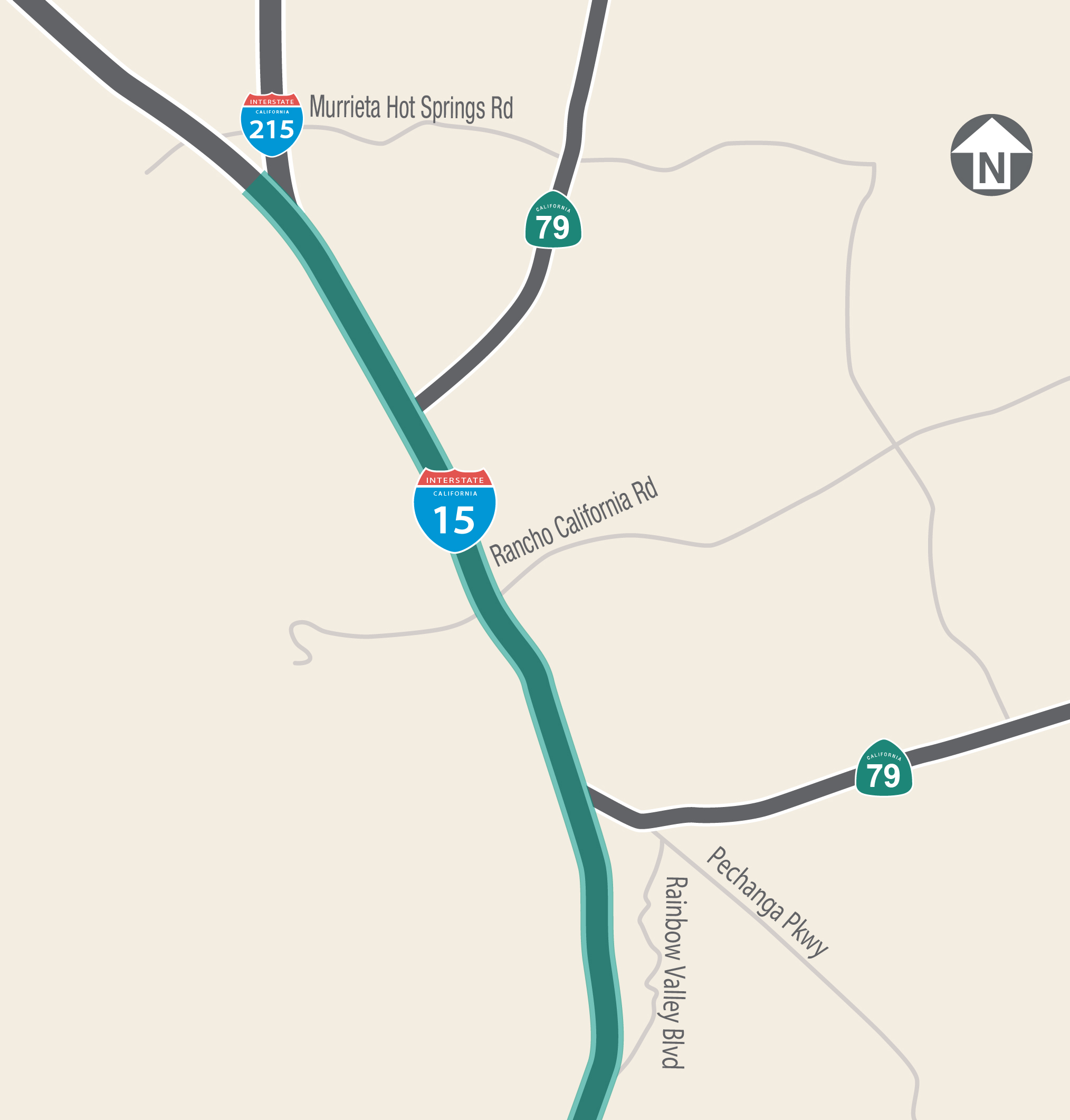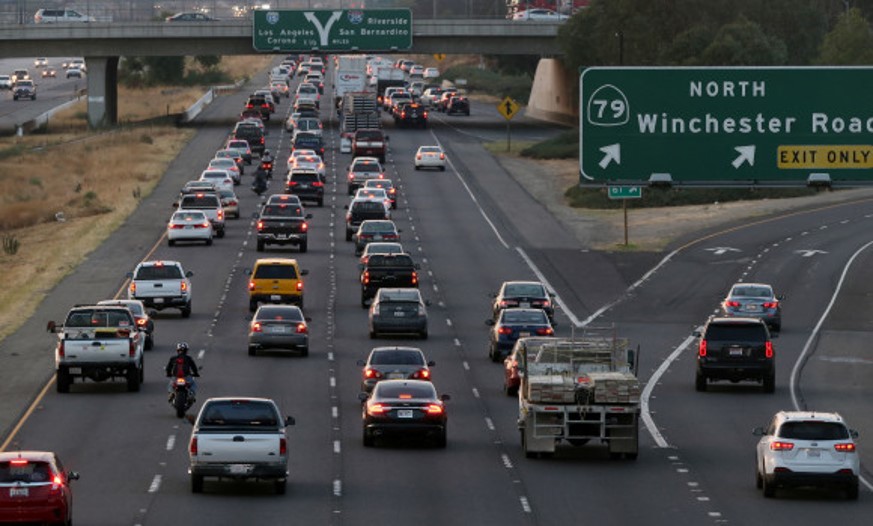The Point: Congress passes, President Biden signs bipartisan Appropriations bill with funding to help relieve traffic congestion on northbound I-15
We have smart phones, smart TVs, and smart homes. Next is a smart freeway, a new RCTC pilot project designed to address heavy traffic congestion for motorists traveling north on Interstate 15 in southwestern Riverside County. Congressman Ken Calvert secured $5 million of Community Project Funding in the federal Appropriations Omnibus Bill that was adopted and signed last week.
The $5 million allocation will complete the $18 million funding package for the I-15 Smart Freeway Pilot Project in this growing area, where afternoon traffic speeds drop from 70 mph to 20 mph or lower, causing lost time, rear-end collisions, and more air pollution. To avoid the highway congestion, drivers often use local streets, creating additional chokepoints.

RCTC is working in partnership with Caltrans and local agencies to develop the technology-based project, which is an alternative to adding highway lanes, and is a fraction of the cost. The project will use an array of sensors and other technology to control freeway access and speed, which will improve traffic flow and safety on an eight-mile, non-tolled section of northbound I-15 from the San Diego/Riverside County Line to the I-15/I-215 Interchange.
Throughout the day, the system will monitor highway traffic conditions and adjust the timing of ramp meters at Temecula Parkway, Rancho California Road, and Winchester Road. The meter timing is continuously adjusted based on real-time traffic conditions, allowing more cars when there are gaps, and fewer when there aren’t. The meters at the three interchanges work together to manage the entire corridor. Drivers may initially face short delays on the on-ramps but will achieve overall time savings on the highway with less stop-start conditions and better traffic flow. Results of the pilot project will be available to the public during the test period on the Commission’s website. Pretty smart, right?

The Smart Freeway system is used in Melbourne, Australia on more than 100 miles of highway and 120 ramp meters. The system has resulted in an 11% drop in vehicle emissions, 30% fewer collisions, a nearly full elimination of fatal collisions, and more than $2 million per day in productivity savings from improved travel times. Smart Freeways also are in place in Brisbane and Perth, Australia, with those projects showing similar benefits.
Smart Freeways are gaining momentum in the U.S. too, with a pilot project operating on a section of I-25 in Denver and another being developed for I-680 in Contra Costa County. Building on these efforts, the I-15 Smart Freeway Pilot Project will be evaluated for two years to determine its effect on traffic congestion.
RCTC and partners are conducting engineering and environmental studies and final design. Installing the components to monitor highway speeds, coordinating the on-ramp signal timing, and installing roadside informational signs may begin in late 2022 and should take about a year. Operations may start in late 2023 and will continue as a pilot effort for two years. This schedule is subject to change. During the pilot period, RCTC and Caltrans will operate and maintain the project and evaluate the effects on traffic flow. The agencies then will determine whether to continue and/or possibly expand the project to other areas.
RCTC appreciates Congressman Calvert’s support and advocacy for this innovative project and will continue to work with federal partners in pursuit of funding to keep Riverside County moving.
Be smart and sign up for project updates and follow us on social media at @theRCTC.
